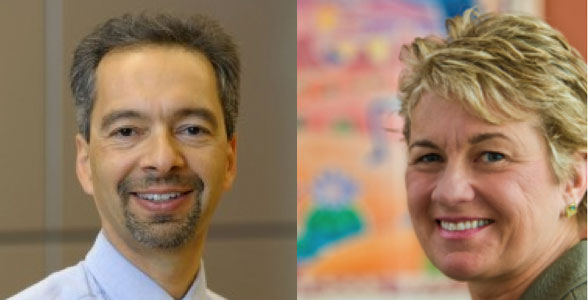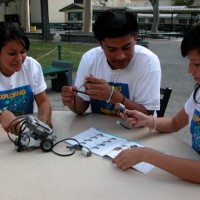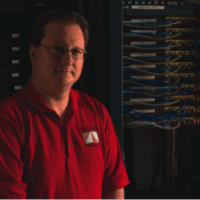Excitement Around K-12 CS Education, but There’s Work to be Done by the CS Community
The following blog post is by Ran Libeskind-Hadas, R. Michael Shanahan Professor and Computer Science Department Chair at Harvey Mudd College, Co-Chair of CRA’s Education subcommittee (CRA-E), and former Computing Community Consortium (CCC) Council Member and Debra Richardson, founding dean of the University of California, Irvine Donald Bren School of Information and Computer Sciences and CCC council member.

Mayor Bill de Blasio announced this week that every public school in New York City, from elementary through high school, must offer computer science (CS) courses to all students within 10 years. It is estimated that fewer than 10% of schools in New York City currently offer a CS course, and only 1% of students take such a class. Computer science will not be required of all students, but the opportunity to take a CS course will be available in every school.
Likewise, San Francisco Unified School District announced last month that it would add CS instruction for all students at every grade level, beginning as early as preschool. And the Chicago Public Schools are implementing a K-12 CS curriculum and will make CS a graduation requirement by 2019.
It seems inevitable that these initiatives by New York, San Francisco, and Chicago will encourage other cities to follow suit.
According to an article in The New York Times, about 5,000 New York City teachers will need to be trained to meet Mayor de Blasio’s initiative. As similar initiatives are adopted elsewhere, the demand for curricula and pre- and in-service teacher training will grow dramatically.
The CS community must be proactive in developing curricula and training teachers for these initiatives. Good curricula and teacher training can showcase the intellectual beauty of our field, demonstrate its relevance to society, and provide students with valuable skills that they can leverage in their other academic subjects and use to express their creativity.
Getting this right requires that we invest seriously in CS education research at the university level. We need high-quality research in CS pedagogy and best teaching practices. We need excellent pre-service and in-service teacher training. We need to take a close look at what physics, mathematics, and other fields have done in education research and teacher training.
The Computing Community Consortium (CCC) will release a whitepaper later this fall making the case for CS departments to invest in education research, describing some of the major intellectual challenges in the field, and proposing strategies for building strength in this vitally important field. Stay tuned!









